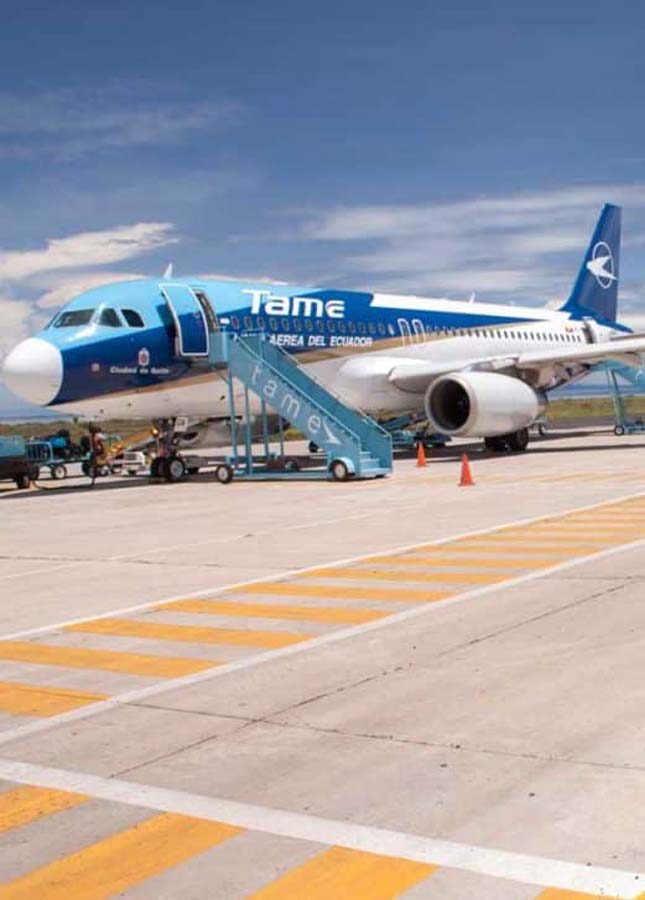1. Introduction
Galapagos Baltra Airport (GPS) serves as the main gateway to the Galapagos Islands, Ecuador. Situated on Baltra Island, it plays a crucial role in tourism and conservation efforts within the archipelago.
2. Location
Baltra Airport is strategically positioned close to the center of the Galapagos Islands, offering convenient access to various islands like Santa Cruz and San Cristobal. Its isolated location amidst the Pacific Ocean emphasizes its significance for island travel.
3. History
It was established in the 1940s by the US military, Baltra Airport transitioned to civilian use in the 1960s. Since then, it has undergone several expansions and upgrades to accommodate the growing tourist influx and environmental considerations.
4. Facilities
Baltra Airport features a single paved runway, a terminal building with basic amenities, and limited duty-free shops. While not boasting extensive facilities, it prioritizes functionality and environmental sensitivity.
5. Airlines and Destinations
Several domestic airlines operate flights to Baltra Airport, primarily connecting it to mainland Ecuador in cities like Quito and Guayaquil. International flights are limited, with occasional charters catering to specific tourism packages.
6. Transportation Infrastructure
At Baltra Airport, visitors transfer to water taxis or small planes for onward journeys to specific islands within the Galapagos archipelago. Public transportation is unavailable, and taxis cater mainly to locals.
7. Cargo Capabilities
Cargo operations at Baltra Airport are primarily focused on essential supplies for the Galapagos Islands’ inhabitants and research facilities. Strict regulations are in place to minimize the risk of invasive species introduction.
